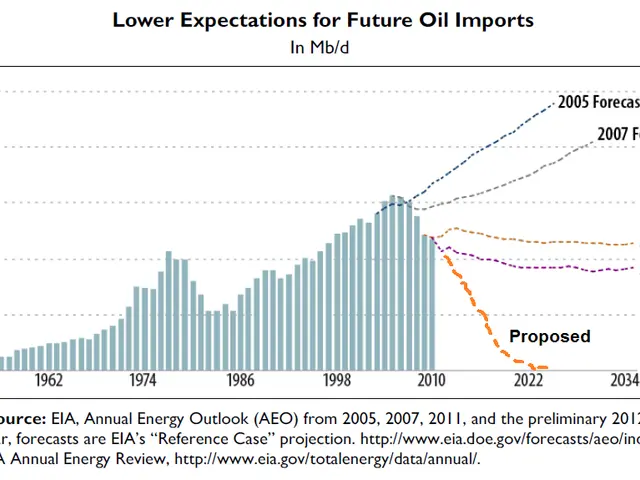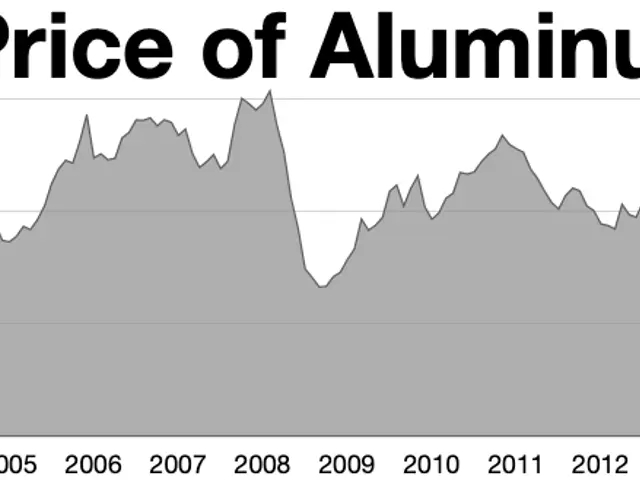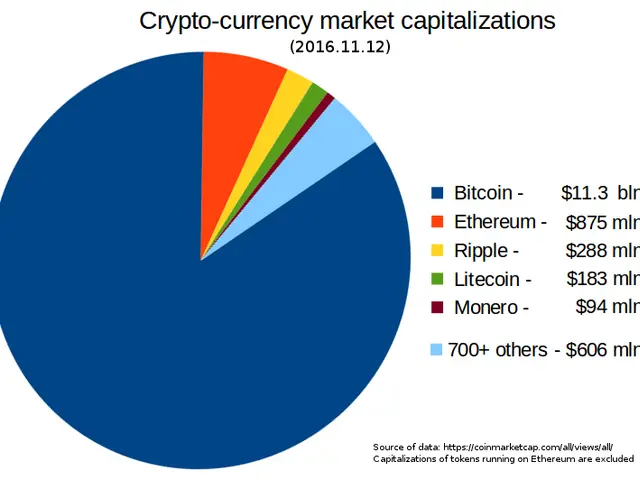UK property costs increased, but will the property market flourish this spring, according to ONS?
The mad dash to outsmart pending modifications in stamp duty rates seems to have propelled housing prices at the beginning of the year, but more recent data hints at a potential slowdown coming in time for the frenzied spring selling season.
The impending drops in stamp duty thresholds have been causing a stir, as they will raise buying house costs. Homebuyers' hopes of a reprieve during the Spring Statement were dashed, as there was no mention of stamp duty extensions.
Official data suggests a flurry of transactions in recent months, with the average UK house price increasing by 4.9% annually in January (up from 4.6% in December), according to the House Price Index from the Office for National Statistics (ONS) and Land Registry. This places the typical house price in the UK at a whopping £268,548—an uptick of £13,000 from the previous year. Even month-to-month, the figure increased by 0.2%. It's important to note that this data could have a time lag and be based on cash and mortgaged sales recorded with the Land Registry.
A different picture emerges from more recent data from Zoopla, based on February sales. Zoopla's numbers show that the annual rate of UK house price growth dipped to 1.8% in February, down from 1.9% in January. The housing market may see a surge of supply as demand could drop due to increased costs, and, as the spring is a famous time for listing properties, it's a season for some hot deals and strategic negotiations.
The stamp duty rush has certainly been the talk of the town recently. Spring will see an influx of property listings, and now, the anticipation is that house price growth may start to cool down, as homebuyers adjust to their new property tax burden.
With more homes on the market, and demand only marginally ahead, the prices may start to dip. Demand appears to be particularly lower in London, where most will now have to pay stamp duty.
Property experts believe that the housing market will see growth in sales over the rest of the year, while house price growth moderates as supply increases and the additional costs of stamp duty affect house prices. It's important for home sellers to set realistic prices if they want to secure a sale.
Zoopla's Richard Donnell adds an interesting perspective - borrowers are increasingly concerned about US trade tariffs, and uncertainty surrounding the Spring Statement and mortgage rate fluctuations could impact the market. Overall, while some regions may experience more growth than others, the housing market remains complex, with various factors at play.
Investors might find it strategic to consider the potential impact of US trade tariffs on borrowers' confidence, as this could influence the housing market. With the arrival of the Spring Statement and fluctuating mortgage rates, uncertainty looms over the real-estate sector. The housing market, however, is expected to see increased sales for the rest of the year, as supply increases and house price growth moderates due to increased stamp duty costs.






